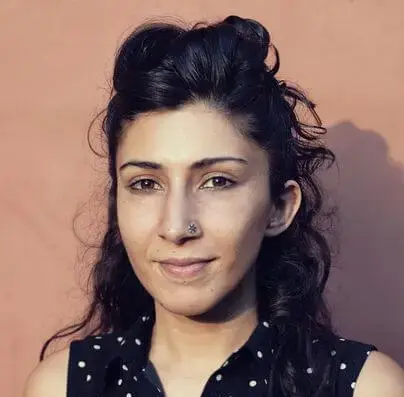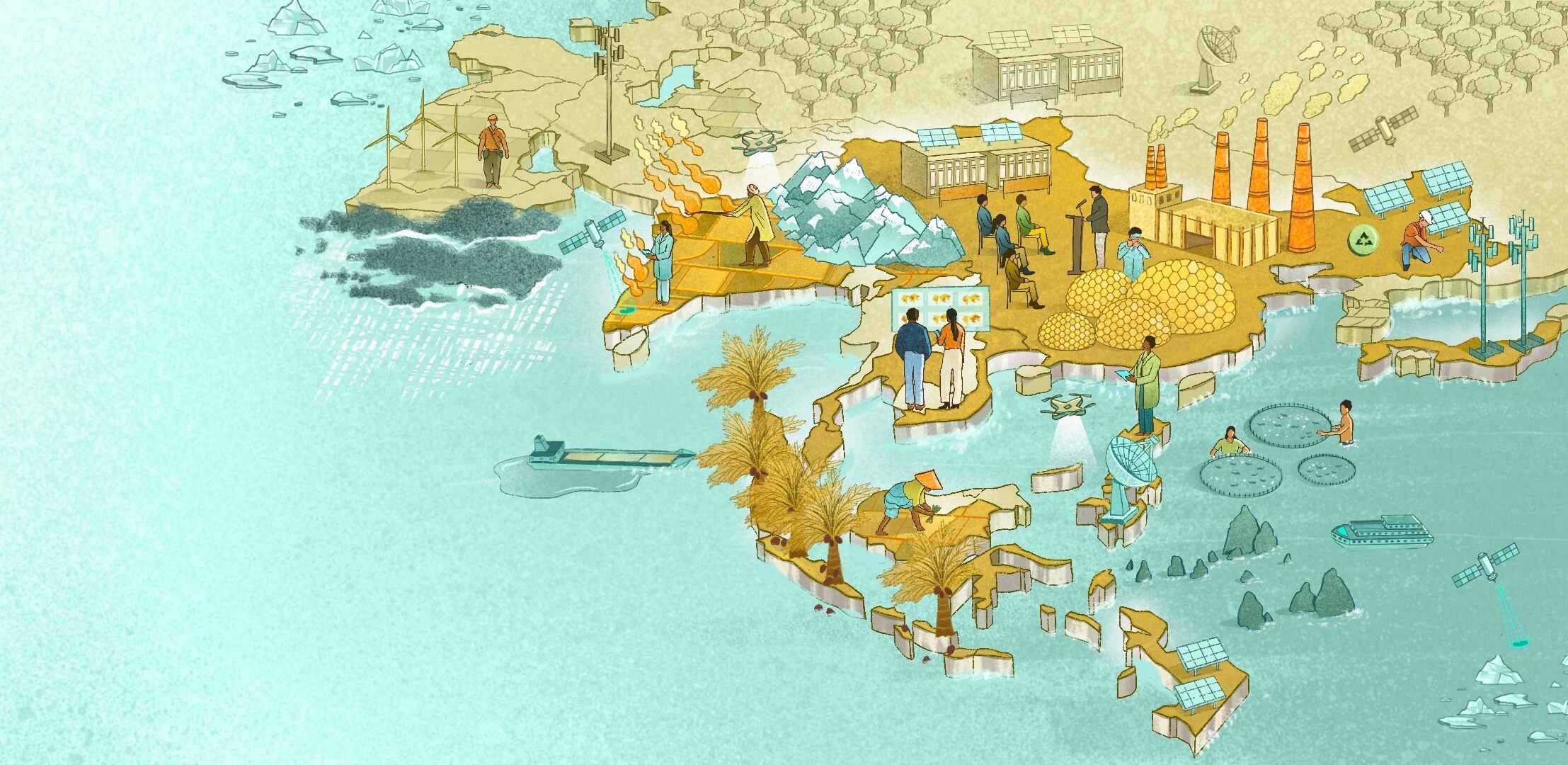
AI + Climate Futures
in Asia
Introduction
Climate change has pushed the Asian region across a tipping point of irreversible change. Temperatures are rising two times faster in Asia than the global average. Rising sea levels are eroding arable land, devastating rural incomes and food security. Megacities like Mumbai, Jakarta and Shanghai risk being submerged. High greenhouse gas emissions are increasing mortality and respiratory diseases.
Swift and resolute action is needed to enable a just transition to climate-resilient economies and societies in Asia. Technological innovation, particularly machine learning and artificial intelligence are expected to play a crucial role in managing the climate crisis.
In 2023, a network of experts from the region came together to examine whether and how recent advances in Artificial Intelligence can be leveraged to address the climate crisis in Asia.
- How might the use of AI support climate mitigation, adaptation, and resilience?
- What are the opportunities, challenges, and risks?
- What role can development organisations play in supporting the responsible use of AI for climate action in Asia?
We looked at three sectors - agriculture and food systems, power and energy transitions and disaster response and preparedness, in 9 countries - India, China, Singapore, Bangladesh, Thailand, Indonesia, Philippines, Malaysia and Japan.

Anchored by Digital Futures Lab the network mapped the current landscape of AI and Climate Action in Asia, identified emerging trends and signals of change , built speculative future scenarios, spoke with leading policy experts, and developed a set of recommendations for development organisations. Network members also drafted a series of country and issue briefs.
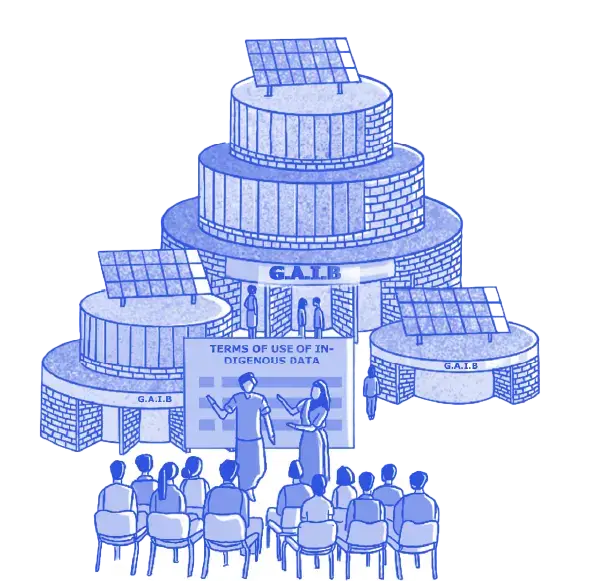
Expert Network
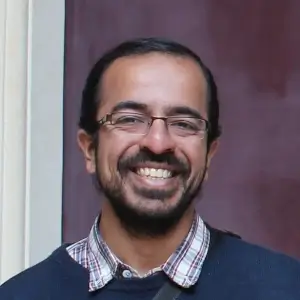
Aaditeshwar Seth, India
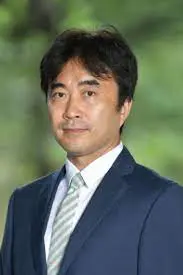
ChengHe Guan, China
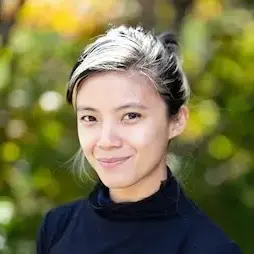
Cindy Lin, Indonesia

Elina Noor, Malaysia
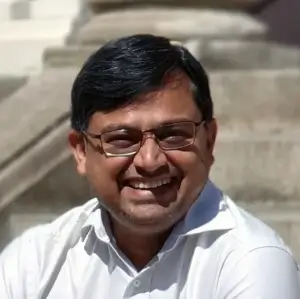
Gaurav Sharma, India
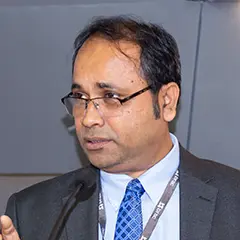
Md. Golam Rabbani, Bangladesh
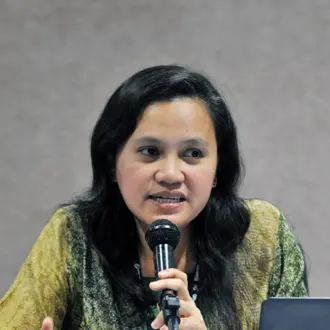
Elenita "Neth" Daño, The Philippines
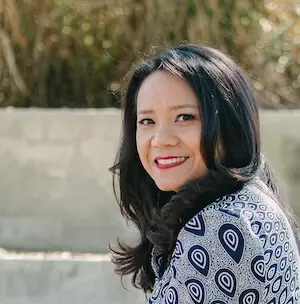
Pyrou Chung, Thailand
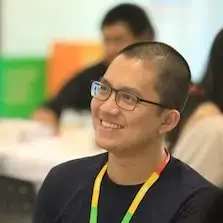
Tien Nguyen, Vietnam

Veerappan Swaminathan, Singapore
